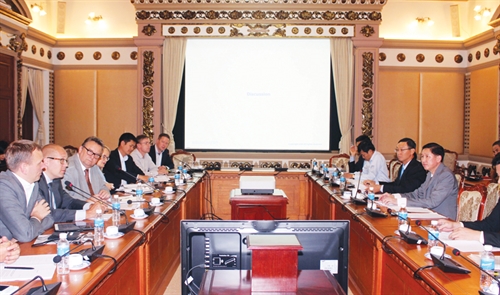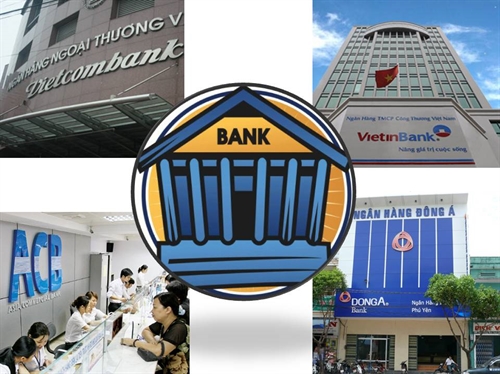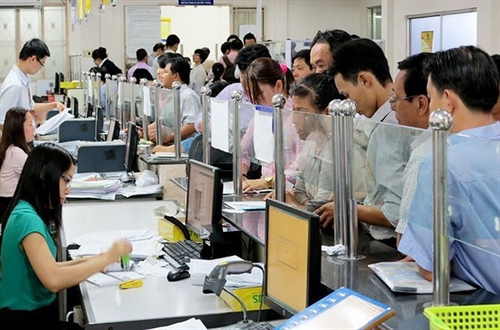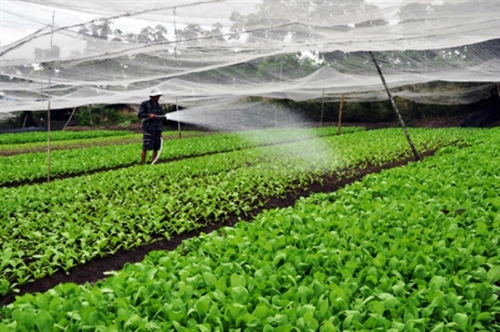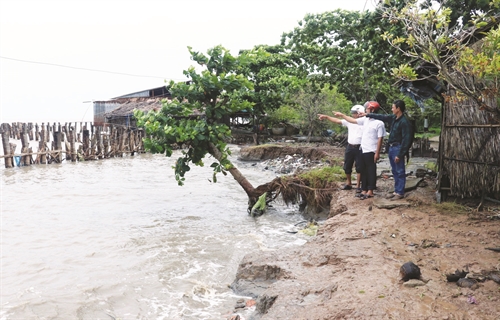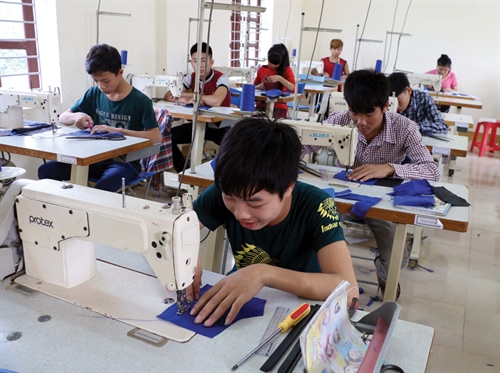From October 1, rice exporting enterprises, particularly small- and medium-sized ones, will be relieved from current stringent business conditions, according to Decree 107/2018/ND-CP, which replaces Decree 109/2010/ND-CP.
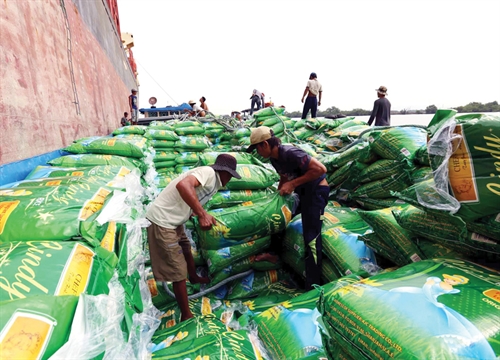 |
| Handling exported rice at Saigon port __Photo: Vu Sinh/VNA |
Decree 109 requires every rice exporter to have a warehouse which can store 5,000 tons of rice and a rice husking and milling facility with a capacity of at least 10 tons/hour.
The new regulation only requires them to have a special-use warehouse for rice storage and a rice husking and milling facility which satisfy the standards and national technical regulations set by competent agencies under the Law on Standards and Technical Regulations.
If having no warehouse or rice husking and milling facility, a rice exporter may hire it from another company or individual under a hiring contract of a term of at least five years.
However, the new regulation does not allow rice exporters to lease out their special-use warehouses and rice husking and milling facilities, which are used for business registration to obtain certificates of eligibility for rice export business.
Organic, parboiled and highly nutritious rice exporters being small- and medium-sized enterprises are not required to satisfy the above conditions and obtain certificates of eligibility for rice export business.
When carrying out the customs procedures for exporting, such exporters are only required to submit to customs offices certified copies or originals of written certifications by competent agencies that the exported rice is organic, parboiled or highly nutritious according to criteria set by the Ministry of Agriculture and Rural Development.
Rice exporters, when applying for a certificate of eligibility for rice export business, will have to prepare registration dossiers by themselves and take responsibility before law for truthfulness of declared information, papers and documents in such dossiers.
After rice exporters obtain certificates, provincial-level Industry and Trade Departments will coordinate with Agriculture and Rural Development Departments of their localities and related agencies in carrying out inspection of their warehouses and facilities for assessment of their satisfaction of the aforesaid conditions.- (VLLF)
